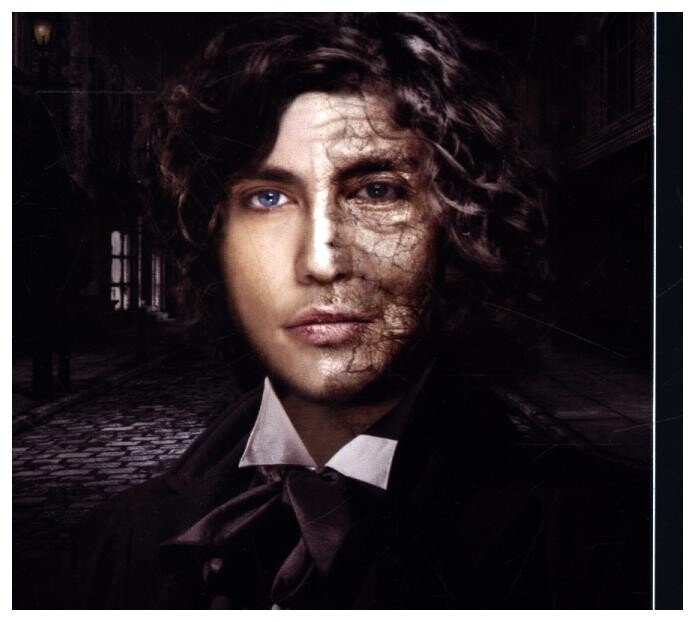
Zustellung: Sa, 18.01. - Di, 21.01.
Sofort lieferbar
VersandkostenfreiBestellen & in Filiale abholen:
Enthralled by his own exquisite portrait, Dorian Gray exchanges his soul for eternal youth and beauty. Influenced by his friend Lord Henry Wotton, he is drawn into a corrupt double life; indulging his desires in secret while remaining a gentleman in the eyes of polite society. Only his portrait bears the traces of his decadence.
Spellbound before his own portrait, Dorian Gray utters a fateful wish. In exchange for eternal youth he gives his soul, to be corrupted by the malign influence of his mentor, the aesthete and hedonist Lord Henry Wotton. The novel was met with moral outrage by contemporary critics who, dazzled perhaps by Wilde's brilliant style, may have confused the author with his creation, Lord Henry, to whom even Dorian protests, 'You cut life to pieces with your epigrams.'. Encouraged by Lord Henry to substitute pleasure for goodness and art for reality, Dorian tries to watch impassively as he brings misery and death to those who love him. But the picture is watching him, and, made hideous by the marks of sin, it confronts Dorian with the reflection of his fall from grace, the silent bearer of what is in effect a devastating moral judgement.
Produktdetails
Erscheinungsdatum
05. Mai 1992
Sprache
englisch
Seitenanzahl
224
Reihe
Wordsworth Classics
Autor/Autorin
Oscar Wilde
Verlag/Hersteller
Produktart
kartoniert
Gewicht
157 g
Größe (L/B/H)
199/128/14 mm
ISBN
9781853260155
Bewertungen
LovelyBooks-Bewertung am 19.04.2020
Spannend und immer noch hochaktuell
LovelyBooks-Bewertung am 03.04.2020
"The picture of Dorian Gray" dürfte eine, wenn nicht die bekannteste Geschichte Oscar Wildes sein. Innerhalb seines Romans greift er vom Dandytum, über den Ästhetizismus und Hedonismus bishin zur Persönlichkeitsentwicklung und -struktur verschiedene Themen auf.Auch die Doppelgängermotivik wird an verschiedenen Stellen aufgegriffen und mit der Spaltung Dorians auf eine interessante Weise umgesetzt. Diese Spaltung kann man auch in Bezug auf die Persönlichkeitsentwicklung als ein Hauptthema ansehen. Anfangs ein Wunsch - vermutlich aus "jugendlichem Leichtsinn" heraus - wird die ewige Jugend Dorians irgendwann zu einem Fluch, der nicht nur seinen Alterungsprozess außer Kraft gesetzt hat, sondern auch einer Ent- und Weiterentwicklung der Persönlichkeit im Wege steht. Das Ende erscheint als eine mehr als logische Konsequenz, um die gespaltenen Teile seiner Seele wieder miteinander verbinden zu können.










